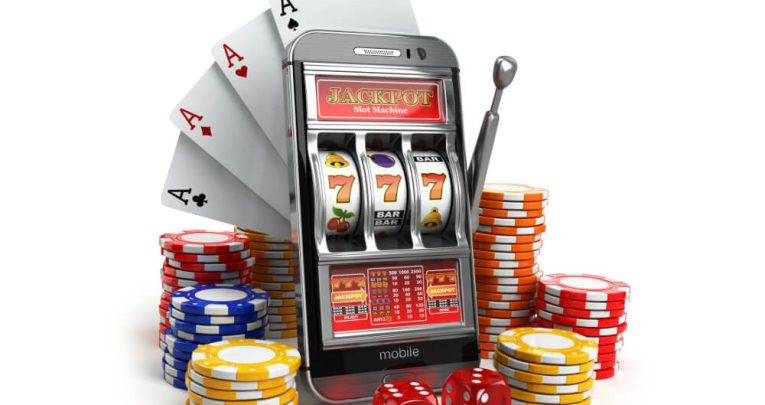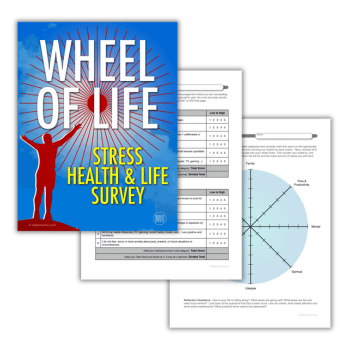Is One of your Students an Online Gambling Addict?

The internet has made it easier than ever to play the odds – and young people who love gaming are especially vulnerable to temptation, warns Mark Bentley…

- by Mark Bentley

Have you heard of loot boxes or skins trading? If not, and you think an article about gambling among schoolchildren may not be relevant for you – gaming, sure, but not gambling – then you might want to think again and read on.
When we are keeping children safe in schools, issues which affect adults are generally recognised to affect young people, too.
It is widely accepted that sexual exploitation or abuse, alcohol or drugs need addressing by educators because they impact on pupils and students, whether directly or indirectly via family members.
Gambling, by contrast, is often left out of prevention campaigns and PSHE planning, seen as an adults-only problem.
Yet the Gambling Commission’s 2017 annual report found that 12% of 11-16 year olds had spent their own money on gambling in the past week (compared to 16% who had used alcohol, 5% cigarettes and 3% illegal drugs).
This estimate – probably a conservative one – should be enough in itself to make us sit up and pay attention, especially when you consider how safeguarding concerns tend to trickle down school year groups to ever younger children.
A hidden problem
Whilst the tell-tale signs of drug or alcohol use can alert schools to a problem, especially directly after their consumption, online gambling can take place on a phone in seconds, under a desk at school or beneath the covers at night.
That has been the case for several years now, and gambling is only becoming easier and more prevalent. This makes the opportunities to recognise a problem and offer support with addiction difficult, but all the more important.
Realising this, Demos, Gamble Aware and the PSHE Association have worked together to conduct research on preventing gambling harm for young people (discovering, amongst other revelations, that children’s exposure to gambling adverts has tripled between 2005 and 2012).
Their collaboration led to an academic report and new PSHE resources for schools, which were published earlier this year.
The resources have been piloted and proven in terms of increasing awareness and are well worth exploring; they focus on critical thinking, managing risk and developing resilience, as well as looking out for your friends and knowing where to go for support.
Take a look, at demos.co.uk/project/reducing-the-odds, and see how you might incorporate these into your curriculum.
Playing the odds
But what about those loot boxes and skins? In a nutshell, these involve the purchase or winning of new items, outfits or weapons in a game, which can be traded or wagered on the outcome of another game, leading to large wins… or heavy losses.
Loot boxes are reminiscent of game shows of yore, where the gamesmaster asks contestants to trade their winnings for the contents of a mystery box, which could hold the keys to a house, a car – or nothing.
Today, these now appear as paid add-ons in games that young people play. These virtual items can however have serious, offline consequences, with children often failing to recognise that games played online can lead to the loss of real money.
Children and young people are at the forefront of experimental gambling, often in a twilight zone where users don’t understand they are gambling and unscrupulous providers sometimes want to keep it that way. And if you don’t know you are gambling, how can prevention messages reach you?
A report from ParentZone, published in June 2018, titled ‘Skin gambling: teenage Britain’s secret habit’ states that a staggering 10% of UK children aged 13-18 have gambled some form of skins.
Online gambling has become worryingly glamorised through social media, especially videos and live streaming. Well-known vloggers and influencers Sydnicate and TmarTn posted videos of themselves betting with skins on a third party site and making bags of money.
What they didn’t tell their fans was that they actually own the site. This is even more concerning when you note that the majority of their following are children and teenagers.
Addiction risk
So whilst it wouldn’t be a good idea to introduce the term loot box to your class, or ask if pupils have ever traded skins, you may want to keep an eye and ear out when you talk to them about the games being played online.
Please refer to our handy gambling slang dictionary (right) so you can understand just what today’s teens are talking about.
Teachers must remain alert – online gambling is just as addictive and potentially financially damaging as the traditional forms with which we’re more familiar, like betting on horse races.
And just as with the latter, skin gamblers can also display behavioural symptoms of an addiction, such as chasing losses, as documented by one example included in ParentZone’s report:
“I’ve got a friend who tried one of the websites. He has a huge collection of skins for a game… £1,000 worth. He put £1 on it just to try it out and he wanted to do it a bit more cos he lost and wanted to get it back. He lost again and wanted to get £10 back. He ended up winning £750, but he’s really addicted to it. He’s 15.”
The digital world is constantly evolving and improving: unfortunately, so too are its dangers. Through understanding and keeping abreast of the latest trends, we can make sure we’re equipped to help our teens navigate the sometimes perilous online world.






